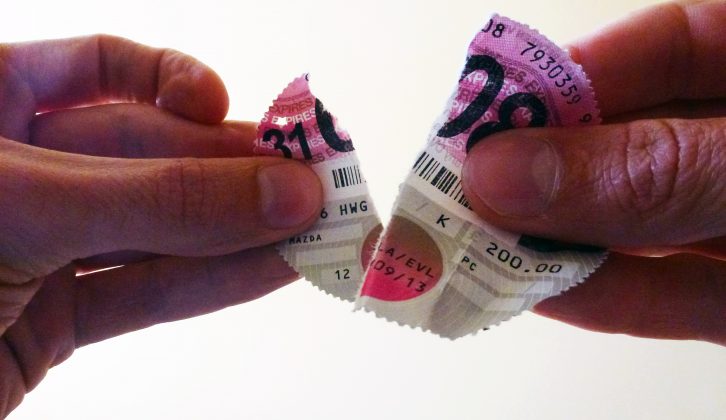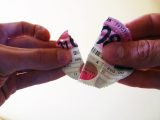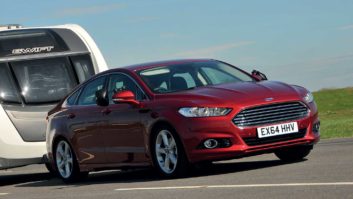An era comes to an end on 1 October 2014, as paper tax discs will no longer be issued to car owners.
The paper tax disc has been part of motoring life since 1 January 1921. In the 93 years since, owners have been required to display a valid tax disc in the windscreen as proof that they have paid their car’s Vehicle Excise Duty (VED).
That requirement is about to come to an end. The DVLA argues that the benefits of a paper tax disc have been overtaken by modern technology, and that the authorities can easily and effectively rely on the DVLA’s electronic vehicle register and technology such as Automatic Number Plate Recognistion (ANPR) cameras to check car owners have paid their dues.
The end of the tax disc was announced in the 2013 Autumn Statement. The 2014 Finance Bill has been used to amend the 1994 Vehicle Excise and Registration Act, to remove the requirement for tax discs to be displayed.
What does it mean for us car drivers? It should save us the very slight inconvenience of having to apply for the paper tax disc and remembering to place it in the windscreen – hardly an onerous task.
A more worthwhile benefit is the option to pay VED by direct debit, in addition to the existing options of paying over the phone, online, by post or at the Post Office. At the moment VED can be paid annually or every six months, although paying VED twice a year attracts a 10% surcharge. Under the new system, that surcharge is reduced to 5%. There will be the additional option of paying monthly. As when paying twice a year, this costs 5% more in total than making a single annual payment.
So, if you currently pay VED twice a year you will be slightly better off under the new scheme. The DVLA’s number crunchers also believe businesses should benefit to the tune of £7 million per year, consisting of money saved by no longer having to re-post tax discs on to drivers, together with the reduced cost of returning the tax disc for a refund and reduced staff costs.
Another change: under the new system you won’t be able to transfer tax. At the moment if you sell a car with some tax remaining it can simply be transferred to the new owner. Now, if you sell the car the remaining tax will be refunded to you and the new owner will have to apply for VED. That means it’s very important that you should contact the DVLA as soon as you buy a used car to avoid the risk of driving untaxed and a possible fine of £1000.
Unfortunately, it also means that the old and new owner will end up paying to tax the car for the same month.
If you’re the one selling the car it’s just as important that the DVLA should be informed promptly of the change of ownership to avoid any parking or speeding fines for a car you no longer own.
Will the abolition of the tax disc make much difference to our lives? Probably not. But the ability to pay by direct debit is a very welcome and convenient change, and the option of paying monthly will help spread the cost of motoring more evenly through the year.
It will help spread the cost of motoring more evenly through the year









